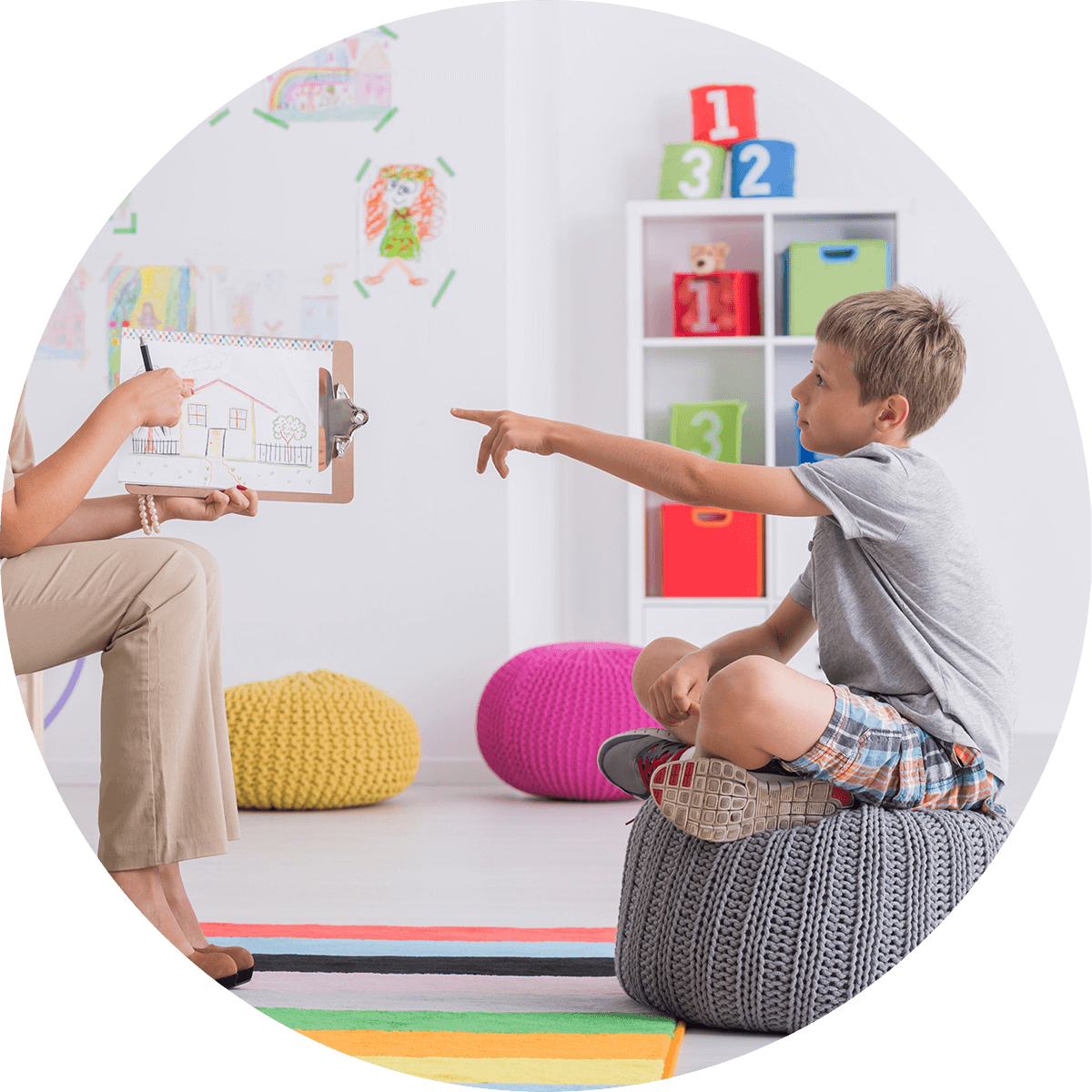
Adaptive Function Testing gives parents a clear picture of how their child manages everyday life skills like communication, self-care, and independence. At Kids Exploration Therapy, we make the process supportive and straightforward, offering practical insights and recommendations you can use at home, school, and in the community. With the right guidance, you’ll feel confident about the next steps to help your child grow.

A clear path to understanding your child’s everyday skills and needs
Together, we outline clear recommendations for home, school, and community settings. This may include therapy services, educational supports, or practical strategies to help your child build confidence and independence.
Adaptive functioning refers to the everyday skills children use to live independently and interact with others, such as communication, self-care, social skills, and problem-solving.
Signs may include difficulty with daily routines, delays in self-care tasks, struggles with communication, or challenges navigating social situations.
Testing provides clarity on your child’s strengths and challenges, helping families, schools, and providers create effective supports and next steps.
Children can be evaluated at any age, from early childhood through adolescence, with age-appropriate tools selected for each stage.
Assessments look at communication, daily living skills, socialization, and problem-solving, providing a full picture of how your child functions in everyday life.
Most adaptive functioning assessments are completed in one session, with caregiver input and questionnaires adding additional context.
Yes. While it identifies areas needing support, the evaluation also emphasizes your child’s strengths to build a balanced and supportive plan.
Academic testing measures school-based learning, while adaptive functioning focuses on practical, real-world skills needed for independence and daily success.
Yes. Many children with developmental, learning, or attention differences also have adaptive skill challenges. Testing helps identify overlapping needs and guide tailored support.